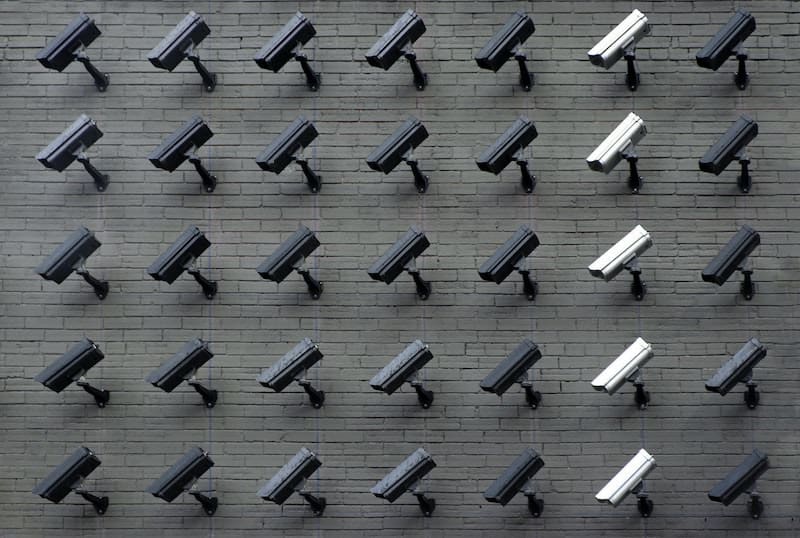We’re calling for contributions for our Autumn 2021 edition of Green Agenda: on security and insecurity in politics and policy. Submit your short pitch to contribute to the debate on sustainability, social justice, peace and nonviolence, and democracy.
The notion of security has been used and abused across almost every area of political debate and policy in Australia. Successive governments have used it to justify: the unilateral, undebated deployment of Australian troops to Afghanistan, Iraq and Syria; the suspension of human rights law, including the suspension of citizenships, the rule of law, and the rights of Australians stranded overseas; closing our borders to those most in need, and turning those in the most desperate situations back to situations in which their lives are at risk; locking up children, inside and outside our shores; ever encroaching invasions into privacy online; the export of uranium from Aboriginal land, proposed development of nuclear power; spending billions on nuclear submarines and military planes.
The Covid-19 pandemic offered a new opportunity for both the Federal and State governments to translate this rhetoric and action into public health. Instead of providing masks, safe places to isolate, and the care required to address needs of communities, governments at all levels have used the public health crisis to expand the hard security ideals of the carceral state, handing more power to police, punishing already marginalised communities further with fines, and hardening our already concrete border, even, this time, to Australian citizens.
Such a conception of security sees force, coercion and threat as the only means of control and of achieving policy and political outcomes. It hands power to police and militaries, without considering the myriad ways in which these powers are used to create insecurity for Aboriginal and Torres Strait Islanders, for trans people, for people with disabilities, for asylum seekers, for those without homes, for our neighbours in the Pacific, for women – the list goes on. It’s narrowed focus overlooks threats to security like climate change, failing to see the ways that its reality threatens our lives. It overlooks the threat of the patriarchy, and the insecurity for women that this creates in institutions all over the country. It overlooks the threat of racism, and how oppression destroys trust in one another, and makes us less safe.
In the Autumn 2021 edition, we’re asking how we can and must reconceive security and insecurity, and what political and policy opportunities can open when we shift away from the carceral frame of reference so common to Australian politics.
What would it look like to create security in Australia that upholds rights, that is feminist, that is relational? What does this look like on a personal level: in relationships, on our dinner tables, in how we are housed? What would it mean to reconceive “national security” – used to justify so much atrocity and silence – as something that actually results in more safety for individuals, for the region, and internationally? What are the practices, methods, policies that we need to work with and toward to get us closer to this vision?
We’d love to receive proposals from a range of policy and practice areas: protecting and sustaining the environment, inequality, housing, food and consumption, data and technology, green campaigning strategies, the future of work, rebuilding a just economy, a decolonised future – please get in touch with your ideas.
There are also some great pieces already here at Green Agenda, particularly in our Social Justice and Peace sections, that you can look to for inspiration.
Submitting a pitch – deadline 11 April 2021
We welcome contributions from everyone. Contributions from young people, First Nations people, women, members of the LGBTIQA+ community, and people from within the Asia-Pacific region are especially encouraged. You are also welcome to submit a co-authored piece.
We are looking for short opinion pieces, policy, politics and practice reflections, and are also open to photo essays or other creative pieces.
To submit a pitch summarising your piece or idea, of no more than 200 words, fill in our Contributions Form. Please include “Autumn Edition 2021 Pitch” at the start of your brief. Final written pieces need to be a minimum of 1000 words (1000-2500 words is ideal) or of equivalent contribution if in another medium.
We also ask those with successful submissions to participate in a one hour webinar with Green Agenda.
We are pleased to able to compensate authors for their pieces. Commissioned authors will be paid $200 for their piece.
The deadline for abstracts is 15 May 2020, with approximately four weeks from commission agreement to submit.
